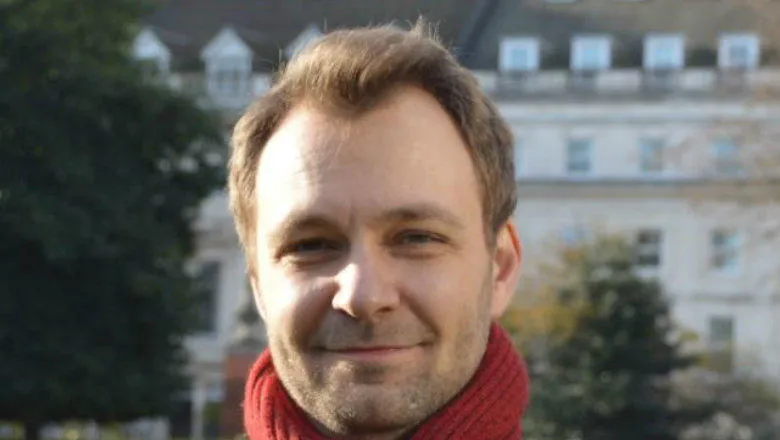25 April 2018
Dr Eibl Publishes New Article Exploring Coups D'État
Dr Ferdinand Eibl from the Institute of Middle Eastern Studies, along with Dr Holger Albrecht from the University of Alabama, has published an article titled 'How to Keep Officers in the Barracks: Causes, Agents, and Types of Military Coups' in International Studies Quarterly.

Dr Ferdinand Eibl from the Institute of Middle Eastern Studies, along with Dr Holger Albrecht from the University of Alabama, has published an article titled How to Keep Officers in the Barracks: Causes, Agents, and Types of Military Coups in International Studies Quarterly. The article theorises the incentives and opportunities for different coup agents– elite officers (political elites in authoritarian regimes) and combat officers (junior and mid-rank officers) – who have led coups d’état in the Middle East. It challenges the widely held assumption that coups are attempted power grabs originating from within an authoritarian regime’s political elite.
Using original time-series data on coup agency, public spending, and counter-balancing in the Middle East and North Africa, the authors find that elite officer coups are essentially a different form of military intervention from combat officer coups. Elite officers can best be prevented from staging power grabs through increased military spending and institutional counter-balancing, that is, the establishment of rivalling military organizations with the aim of increasing hurdles of plotters’ coordination efforts. In turn, combat officers remain unimpressed by these conventional coup-proofing efforts and will only stay in the barracks in response to increased social spending and political liberalization.
Furthermore, coup d’état by elite officers tend to produce changes of leadership, but not substantial shifts in authoritarian regimes. In contrast, coup d’état by combat officers tend to trigger more substantial political transitions in the form and content of authoritarian regimes.
Dr Eibl’s research contributes to an emerging scholarship unpacking different types of coups as mechanisms of regime change in autocracies. We look forward to seeing how Dr Eibl will continue to contribute to this body of research.
